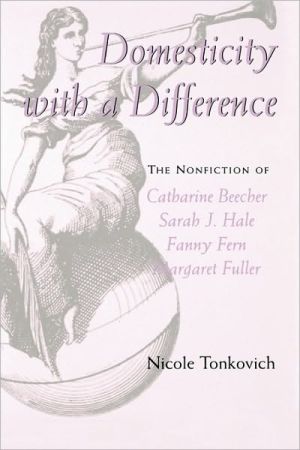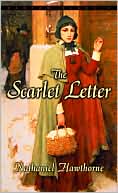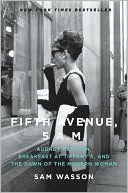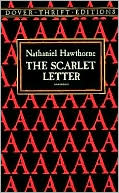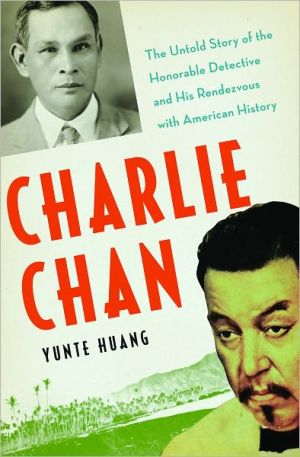Domesticity with a Difference: The Nonfiction of Catharine Beecher, Sarah J. Hale, Fanny Fern, and Margaret Fuller
This study of nonfiction written by four of nineteenth century America's first professional women writers investigates the paradoxes posed by the conflict of their texts with their lives. They were not homemakers yet in their works they prescribed ideal domesticity for the women of their day. They were not professional educators, yet they wrote authoritatively about educational theory and practice. They were not involved with organized political agitation for women's rights, yet their...
Search in google:
A study of works by four professional women of the nineteenth century who prescribed domestic lives for others of their sexBooknewsAn analysis of the work of four 19th-century women writers. Tonkovich (literature, U. of Calif., San Diego) examines the way each woman deals with issues of race, class, domesticity, educational theory, social and political structures, and the heterosexual family. The biographical circumstances of each woman are also discussed; two of them, by Tonkovich's account, were fatherless daughters and two were their father's "best boy." Annotation c. by Book News, Inc., Portland, Or.
AcknowledgmentsIntroduction: Eccentric DomesticityCh. 1Her Father's Best Boy3Ch. 2Fatherless Daughters: Sarah Josepha Hale26Ch. 3Patronymics, Property, and Proper Naming47Ch. 4Domestic Masquerade72Ch. 5The Domestic Manners of American Ladies91Ch. 6Domesticated Eloquence109Ch. 7The Difference Between Authors and Servants128Ch. 8Domesticating Pedagogy148Ch. 9Domesticity with a Difference173Notes204Bibliography209Index221
\ BooknewsAn analysis of the work of four 19th-century women writers. Tonkovich (literature, U. of Calif., San Diego) examines the way each woman deals with issues of race, class, domesticity, educational theory, social and political structures, and the heterosexual family. The biographical circumstances of each woman are also discussed; two of them, by Tonkovich's account, were fatherless daughters and two were their father's "best boy." Annotation c. by Book News, Inc., Portland, Or.\ \
